It was a sleeper going into Fall, but Kekkon suru tte, Hontou desu ka remains the season’s biggest one. It’s going up against a bunch of flashier and more expensive shows, and naturally not getting much attention. But it’s low-key one of the best of the season. The paucity of good anime about marriage is enough of a thing that I did a bespoke article about it, but it would be ironic if the two best examples of the modern era were both directed by the same guy (Ikehata Hiroshi). Kekkon sure tte is obviously very different from Tonikaku Cawaii – this is more about the idea of marriage, and that one about the couple itself. But they share a lot under the hood.
I would say last week’s ep was probably the weakest so far, but still very good. This was another banger, right up there with Episode 2. It put me in mind of Kore-eda Hirokazu – specifically Still Walking. And believe me, for me praise doesn’t get much more elevated. Kore-eda is certainly much darker in tone, but why this put me in mind of him was the extremely naturalistic view of Japanese family life. You feel as if you’re covertly observing these people, and that’s a credit both to the writing and the direction.
For Takuya this trip home is obviously a stress bomb. He has to put Kama in the “hotel” at the vet’s (a kennel, if we’re honest) and both cats and their humans get extremely stressed-out over that. Then there’s the idea of seeing his family (I empathize about the two “scary” older sisters, Takuya-kun), which you sense he’d be stressing hard over even without the whole marriage fiction. His going to Tokyo clearly was a controversial move in the family – everyone else seems to have stayed behind. And it seems as if the men in his clan carry the social awkwardness gene with the women are the brash extroverts. I feel your pain.
As far as what’s going on with the office and that mysterious caller, the jury is still out. How indeed does Gonda know about the trip to Aso? I don’t believe he’s the caller but it almost surely has to be someone at the office. And this call – to Rika this time – was curious. Why blackmail them into going down to Aso together? Is this harasser actually trying to be a wingman? I’m not making any assumptions at this point, and truthfully I think the series could get along fine without this somewhat conspicuous break from realism. But we’ll see where it goes.
The trip itself is pure brilliance, start to finish. Beginning with the plane ride, where Rika opens up about her family. Ostensibly this is for practical reasons, but there’s obviously a much deeper element here. I find the idea that Rika fell in love with maps because she was tracking her mother all over the country as she left her daughter home alone really powerful. It explains a lot about Rika too – why she’s a loner more than a true introvert like Takuya. She may actually be a fairly gregarious person who was conditioned to be shy by her enforced isolation. And a childhood of loneliness deprived her of the practice in social interaction that a more conventional upbringing would have provided.
Then we have Takuya’s family. His paternal grandmother (Arai Satomi) happens to be at the airport delivering melons from the family farm, and gives the couple a ride back. Stopping at her house at the farm, she immediately puts the pair of them to work as Grandpa (Kumamoto native Tajiri Hiroaki, whose only line is “It hurts!”) is laid up with a bad back (again, total empathy on my part). Grandma knows about the supposed engagement, which forces Rika to come clean. Grandma doesn’t force the issue but eventually comes to the conclusion that the two of them actually are getting married (which pretty much cinches that as a future development).
I could have watched hours of this, honestly. Takuya’s “conversation” with Grandpa, Grandma and Rika snipping melons, the pano shots of the Mt. Aso caldera, verdant and green as only volcanic soil seems to make possible. It’s easy, charming, and – again – natural. But there is a reckoning coming, and soon enough Kouichi shows up to help Grandma with shipping (which of course Takuya has already been doing). The family dynamics are a complicated situation to be sure. What’s to happen with the farm? It seems Kouichi is working in the corporate world – perhaps he wanted Takuya to take over?
That’s yet another element I love about this premise. It takes a very non-histrionic view of a huge Japanese societal problem, the flight of the young to the big cities. Grandma talks about the decline of local farming, but not with anger or bitterness. The thing is, Takuya was not wrong to chase his future in Tokyo, but if everyone does what he did what becomes of Aso and all its counterparts across Japan? Families are complicated – we can’t escape them, they’re a part of us literally at the genetic level. We have to figure out how to deal with that as adults, and it’s rarely easy. Kore-eda understands this, and I think Kekkon suru tte, Hontou desu ka does as well.


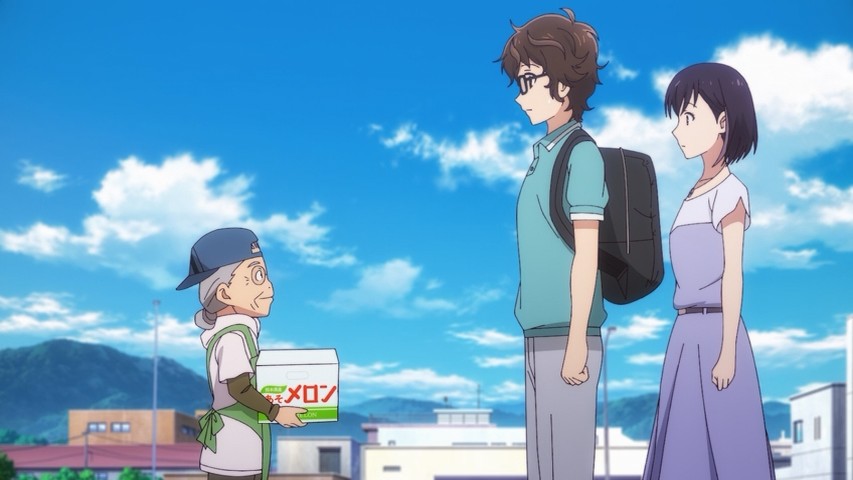
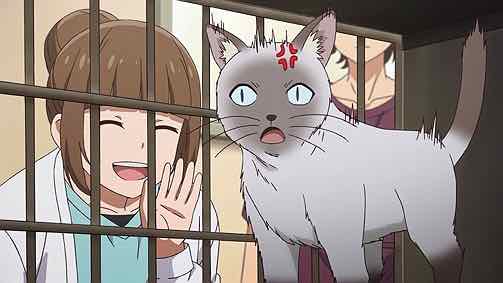
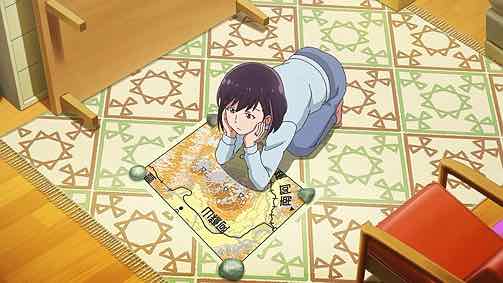
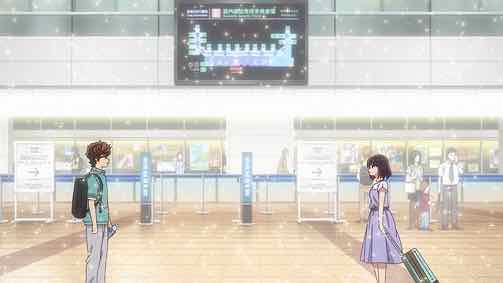
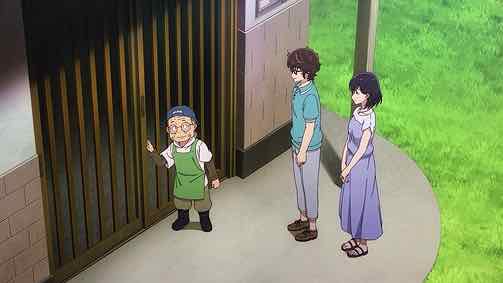
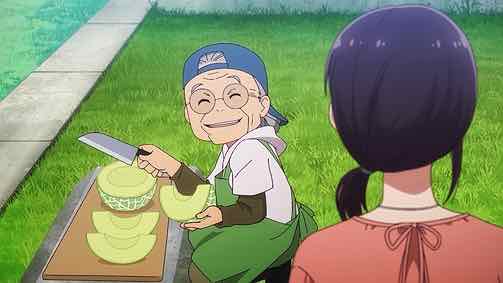
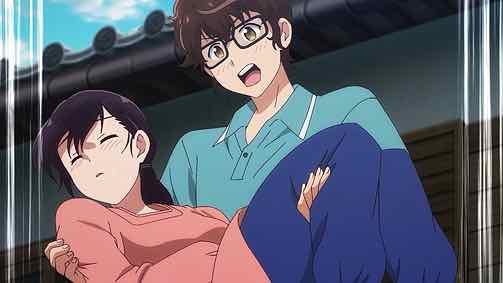
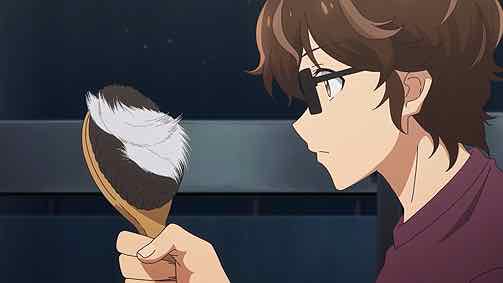
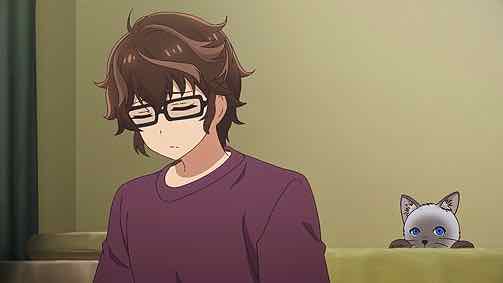
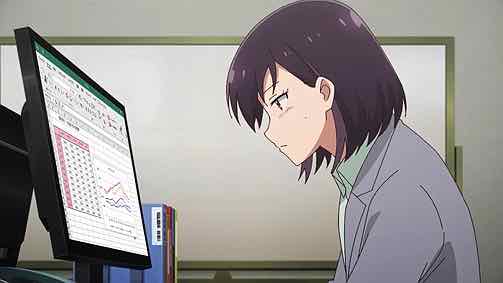
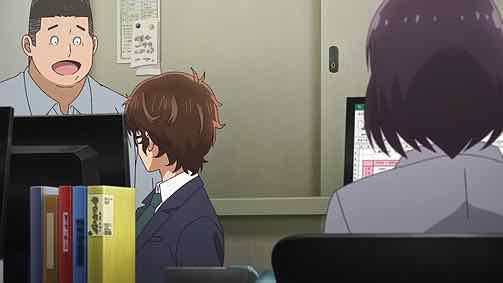
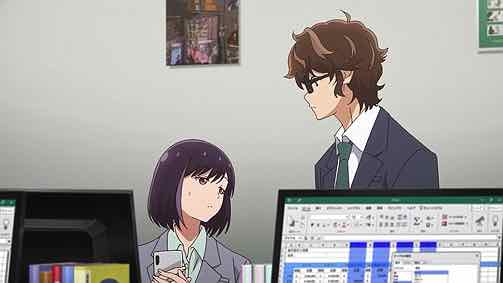
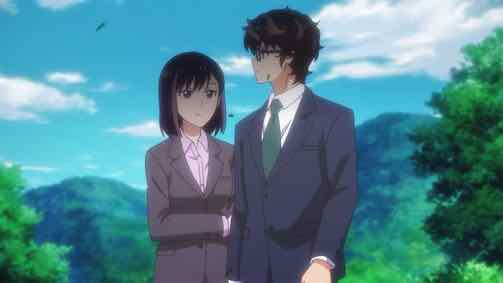
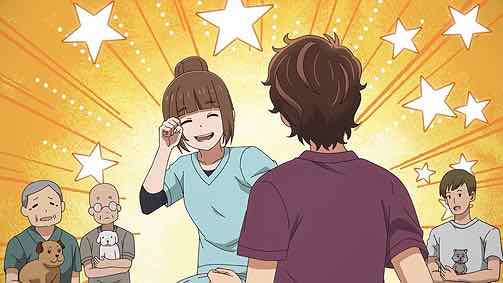
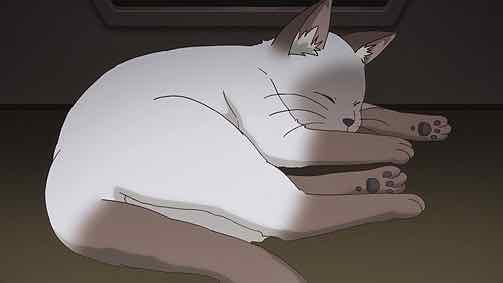
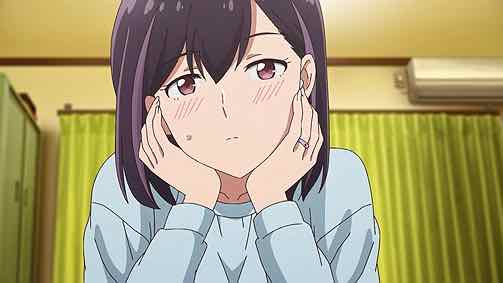
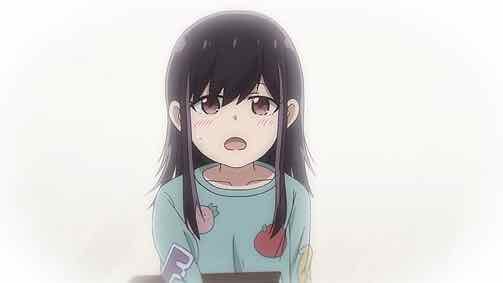
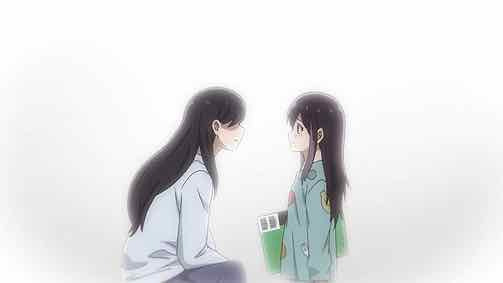
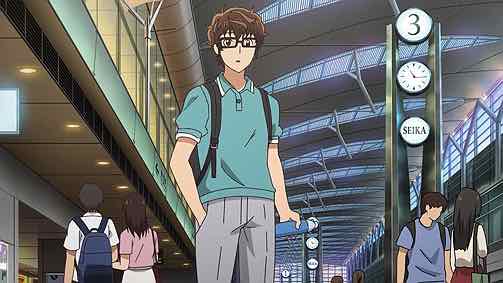
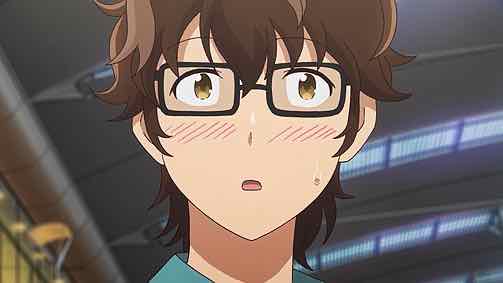
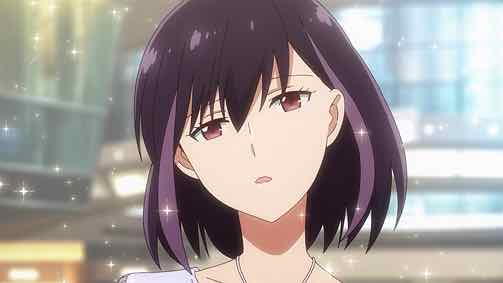
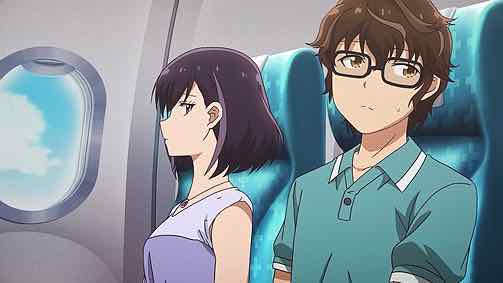
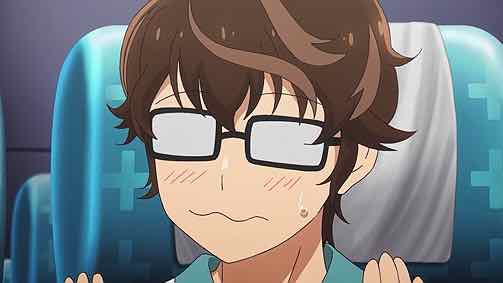
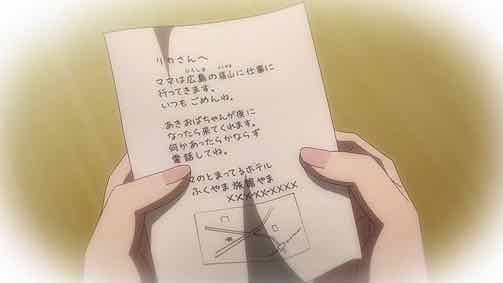
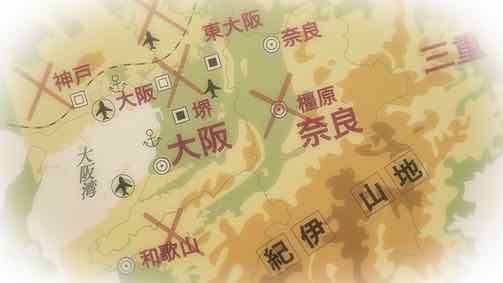

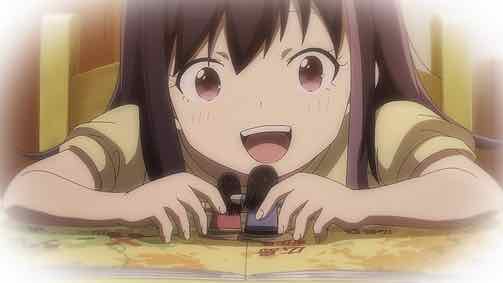
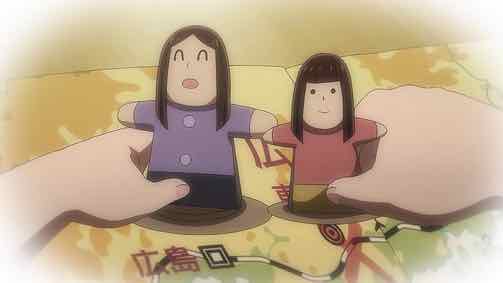
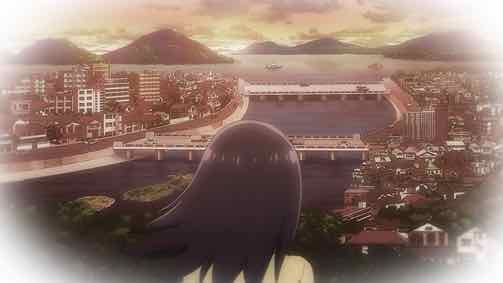

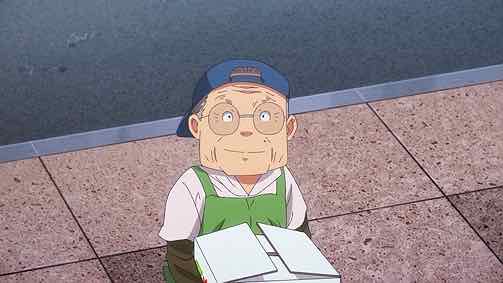
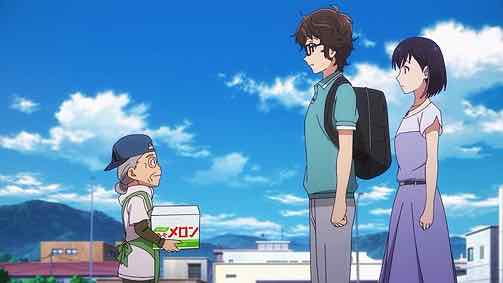
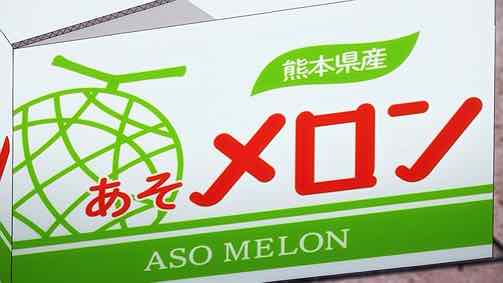
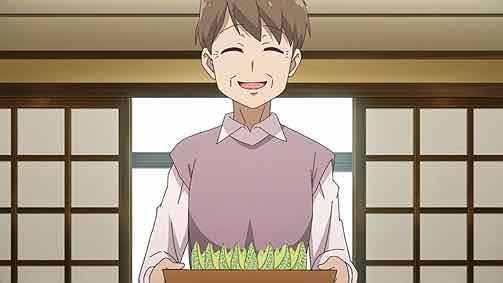
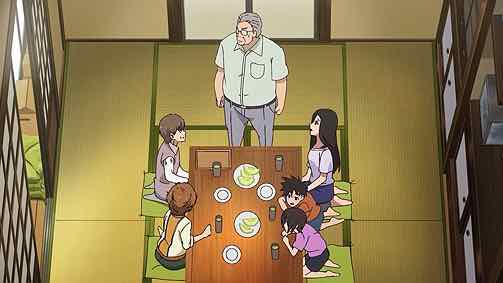
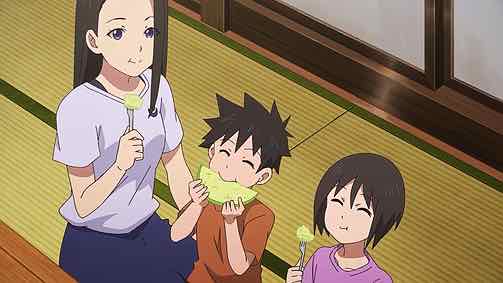
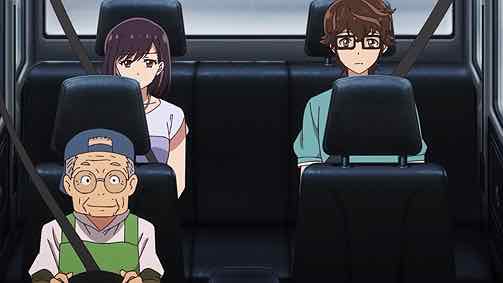
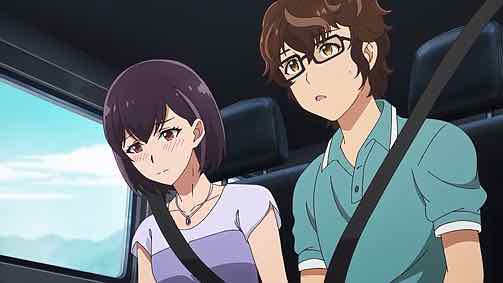
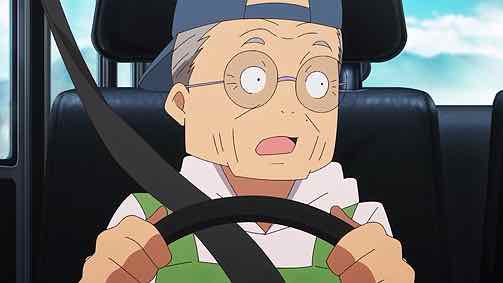
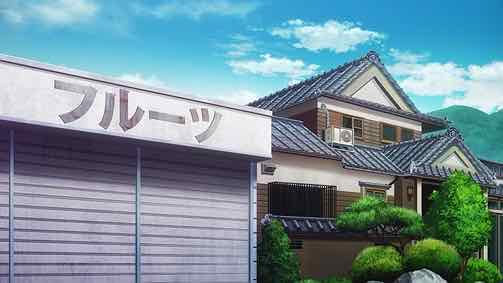
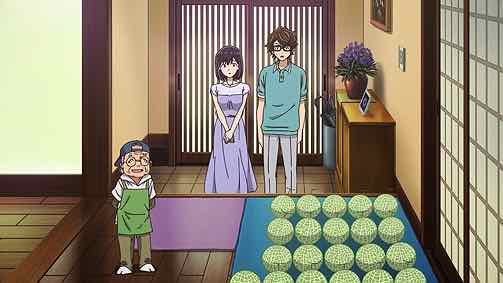
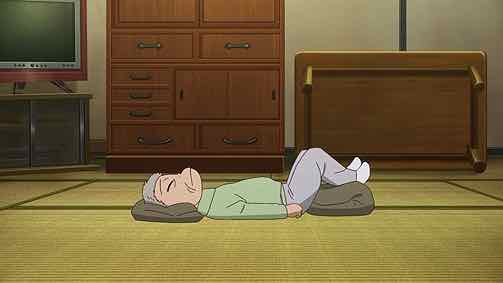
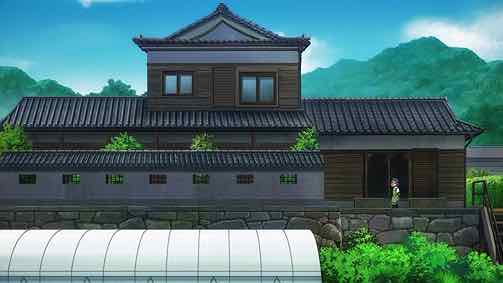
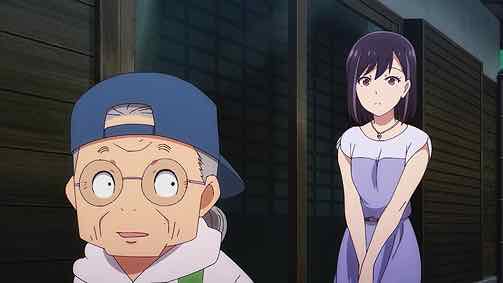
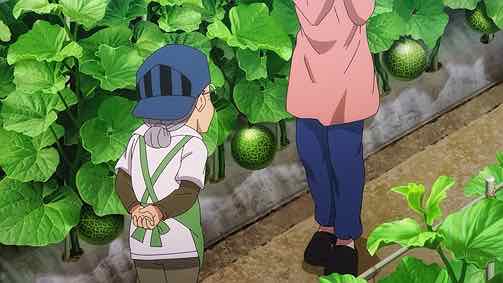
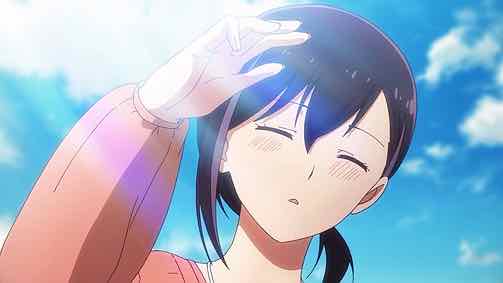
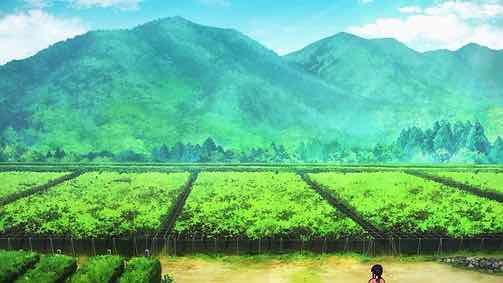
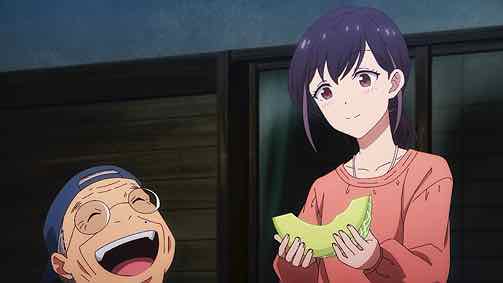
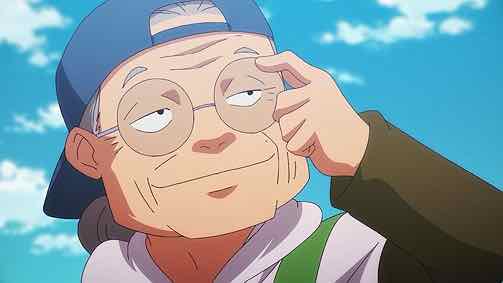

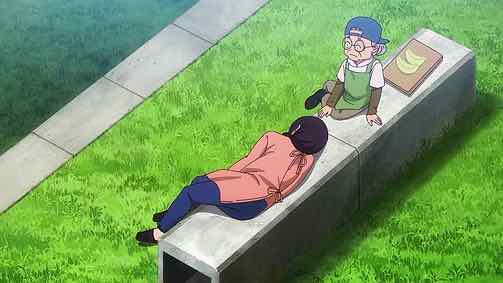
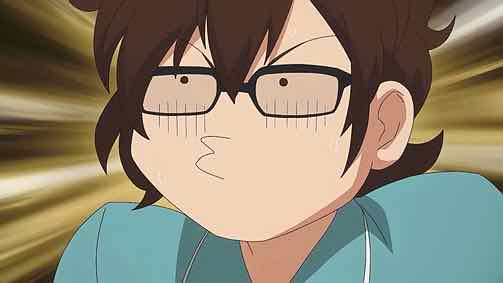
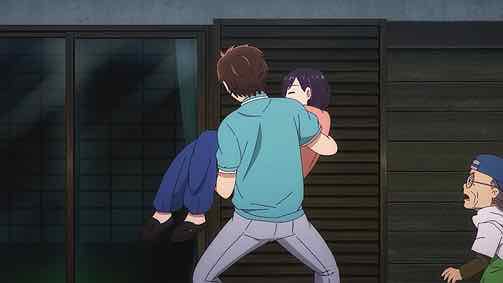
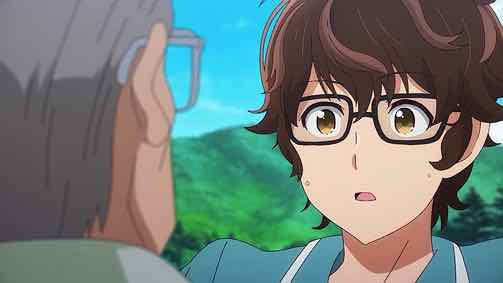
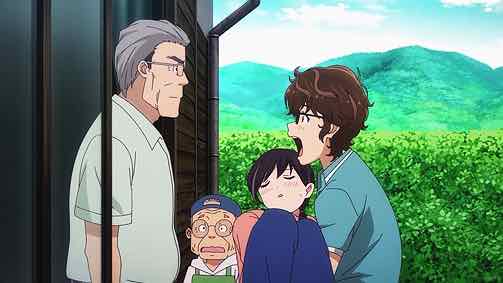


Vance
October 26, 2024 at 2:44 pmI think their supervisor is the one making the calls. The caller specifically said “I’ll send you to Alaska.” or something like that, so it’s clearly someone in a position of power. Their supervisor likely specifically told Gonda about the trip home even though he isn’t the caller himself.
Guardian Enzo
October 26, 2024 at 3:39 pmThat certainly is one possibility.
Snowball
October 26, 2024 at 4:56 pmHonjoji’s childhood was well depicted – poignant and heartbreaking!
catterbu
October 27, 2024 at 5:31 ama Korer-eda reference! He is one of my favorite working directors. I had not immediately thought of him in relationship to this show (maybe because of the initial setup), but I will definitely be watching for it. I did think about Ozu with this particular arc. Young people in some slight amount of tension with their elders allowing for examination of evolving perspectives on the world and marriage in particular.
Guardian Enzo
October 27, 2024 at 9:01 amAnother good (and flattering) comparison.
Nicc
October 29, 2024 at 7:17 amAfter the hijinks with the crown princess of… Freedonia? Or, was it Latveria? I forgot already… It’s now time for Takuya to prepare for his trip back home. Yep, there’s a lot to be done, such as getting somebody to take care of his cat over the weekend. Then, there’s having to deal with his family about this fake marriage thing. He was about to go alone, but then the mysterious caller strikes again and this time for Rika. She’s been avoiding him since that night when she dropped by and gave him that frog-shaped rock (It does at least kinda look like a frog. Frog Rock in “Sam & Max” didn’t look like one at all). The call seems to be blackmailing them to go together. It’s apparent that it’s somebody from the office, but we still haven’t got any clues on who or why they’re doing this. Well, make that a plan for two now and getting a 2nd airplane ticket and then a hotel reservation. Vacation costs can add up quick…
They’ve got some free time in the airplane and so Rika decides to open up about her past, which indeed we don’t really know about as this arc is about Takuya’s family. She was a latchkey kid as her mom was away for work often and dad was basically a no-show. It seems that she got her love for maps by tracking all of the different destinations her mom was working at and then imagined visiting those places with mom. Getting a job at a travel agency was a good fit for her. The first person they meet once at Aso just so happens to be grandma, who is at the airport to deliver melons. I don’t know if Aso is famous for its melons, but they were some good-looking fruit. She gives them a ride to the farm and both get to work. Takuya boxes up the melons as his grandpa is suffering from back pain (He just says, “It hurts!” the entire time). Grandma gets Rika to help her with harvesting the melons.
It seems that grandma does indeed know what’s going on. Rika does come clean, but grandma thinks it will happen anyways. Nobody there knows that Kouchi is on the way as he was planning to stop by before Takuya arrived. He caught them at a bad time as Takuya is princess carrying Rika because she’s suffering from heat stroke. This seems to be setting up a scenario where the two of them talk alone as Rika is recovering. I too appreciate how it’s not bashing our heads in about the societal problem and perhaps that’s part of what father and son will be talking about.